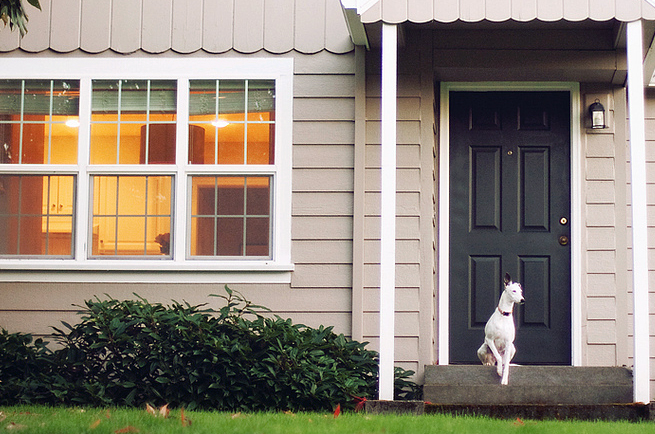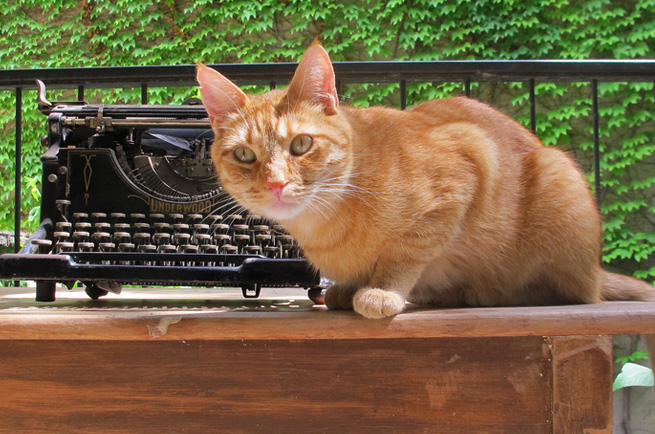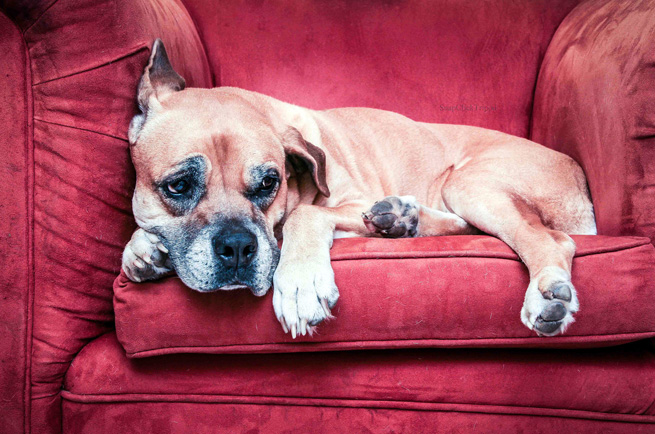Renting with pets: your rights and the law
According to the Australian Companion Animal Council (ACAC), both tenants and landlords have rights regarding pet ownership in their respective residences and properties. Whoa! Doesn’t that all sound serious and technical! In reality, however, it’s a simple process.
09 Dec 2014 By Andrew Clarke Comments
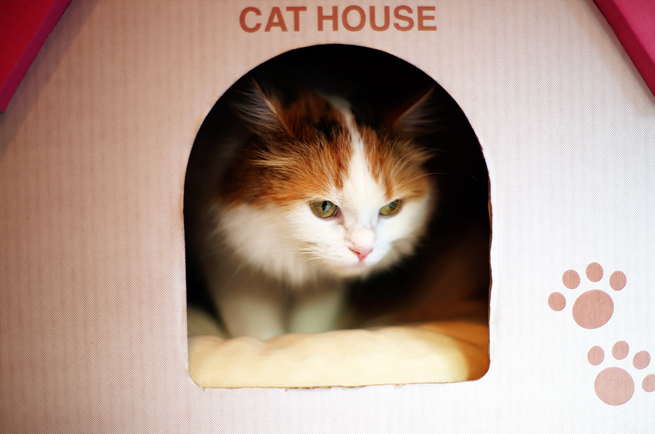
The Screening Process
First, there will be a screening process. The landlord is required to ask the tenant a few easy questions, which are meant to determine whether the tenant is a responsible pet owner.
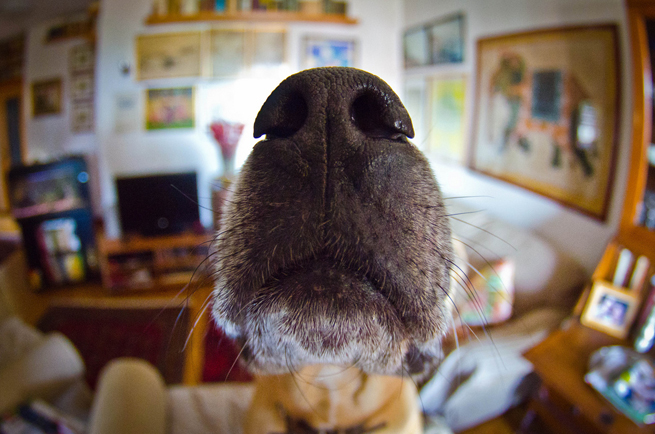
A pet resumé is very important in getting you through the first step of the process. You should prepare a document detailing basic information:
- Your pet’s name
- Age
- Breed (if applicable)
- Physical appearance
- Any training your pet has received
- Regular exercise routine
- Health and grooming details
This will ensure to your landlord that your pet is healthy, clean, and that you are a responsible pet owner and tenant.
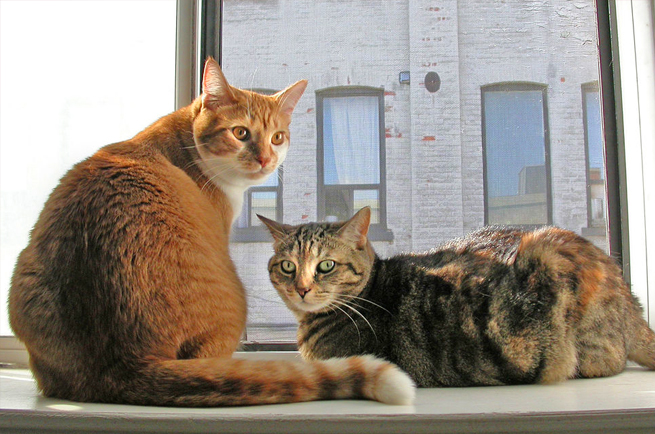
The Written Agreement
The landlord and the tenant will have a written agreement. The written agreement will state that the tenant has understood the pet policy of the property they are renting, and that they promise to abide by that pet policy. This will allow the tenant to keep the animal within the rented property.
Included in the written agreement is the clause stating that the tenant is liable for any injury or damage (especially to the property) caused by the animal. The landlord will be compensated for any injury or damage caused by the tenant’s pets. The tenant is also responsible for the compensation of any injury or damage caused by the animal to a third-party (a neighbour, a mailman, or other people in the area).
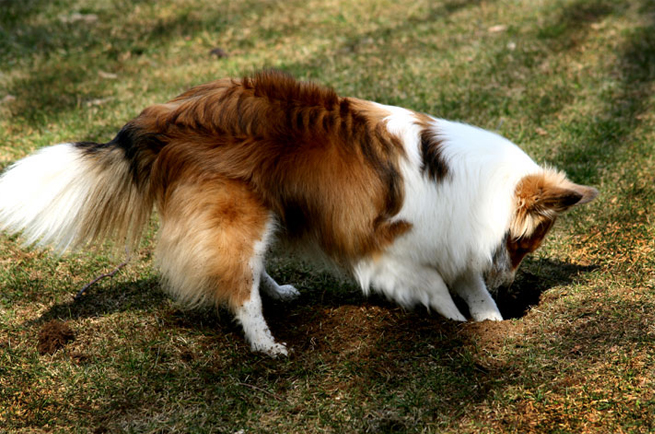
The Landlord’s Rights
The landlord is allowed to determine the type, number and size of the pets allowed on their property. This should also be approved by the management of the property. The landlord’s main concerns are usually about the behaviour and cleanliness of the animal.
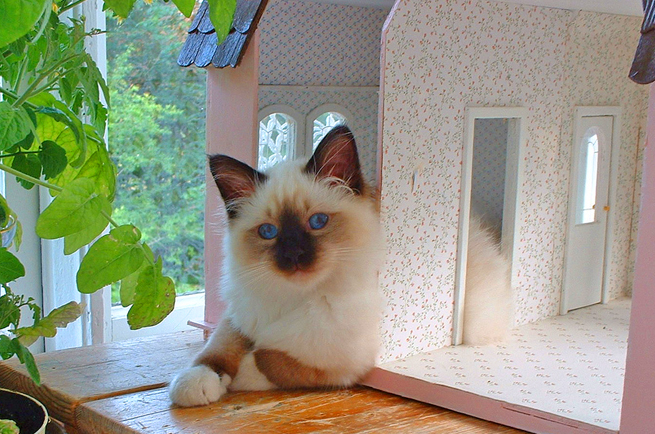
The Tenant’s Responsibility
As a tenant, one should make sure that their pet’s space is always kept clean and all droppings are cleaned up and properly disposed of. Your pet should be healthy, clean, free of parasites, and have the necessary vaccinations to prevent health risks to people and other animals.
09 Dec 2014 By Andrew Clarke Comments
comments powered by Disqus
